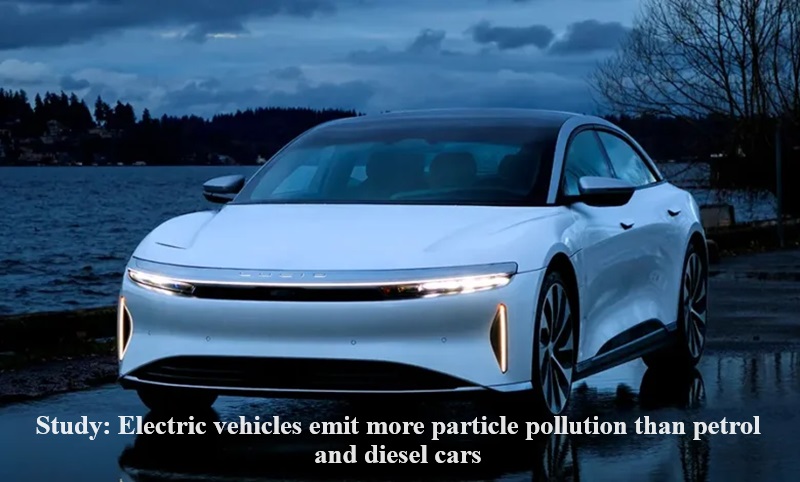
With the increasing apprehensions surrounding climate change, there is a growing demand for transportation alternatives that are environmentally friendly. Electric vehicles (EVs) have emerged as a promising solution, hailed for their lower greenhouse gas emissions in comparison to conventional petrol and diesel cars. However, a recent study challenges this perception.
Conducted by Emission Analytics, a company specializing in emissions data analysis, the study presents a counterargument to the widely held belief regarding the environmental benefits of EVs. Featured in an op-ed in the Wall Street Journal, the study brings attention to the issue of particle pollution originating from brakes and tires in both electric and fossil fuel-powered vehicles.
Key discoveries: EVs and particulate matter emissions
A pivotal finding of the study suggests that EVs, due to their heavier weight, may emit considerably higher levels of particulate matter from brakes and tires when compared to modern gasoline-powered vehicles equipped with efficient exhaust filters. According to the research, this difference could be as substantial as 1,850 times.
Emission Analytics highlights the concern regarding tire wear, attributing it to the increased weight of EVs, which accelerates the deterioration of tires and releases harmful substances into the air. This degradation is primarily associated with the synthetic rubber composition of most tires, which is derived from crude oil.
Another notable aspect emphasized in the report is the impact of battery weight on EVs. As EVs typically incorporate heavier batteries compared to traditional petrol engines, this additional weight places greater stress on brakes and tires, leading to accelerated wear and tear.

Post Your Comments